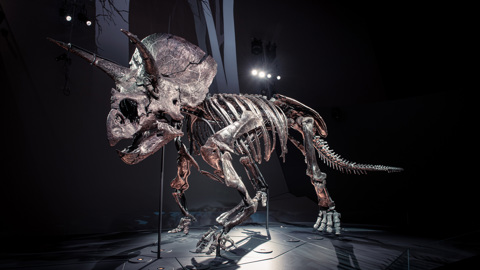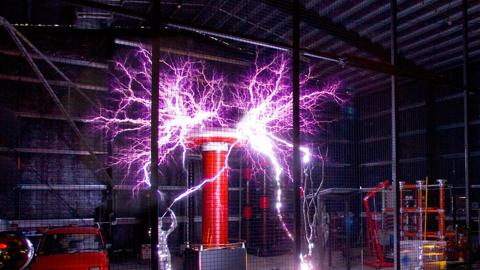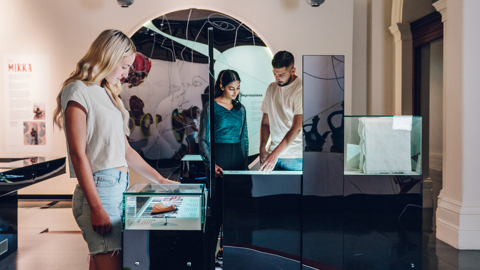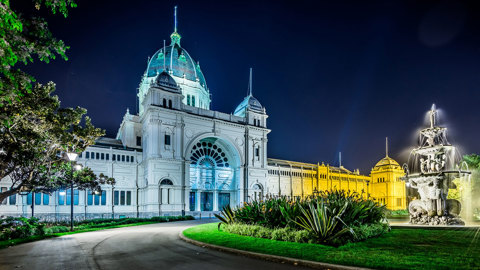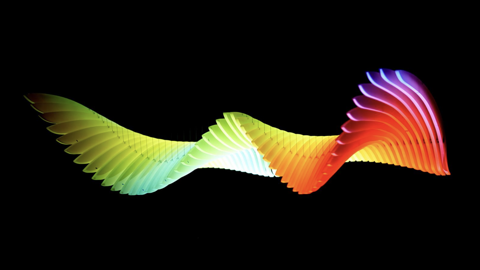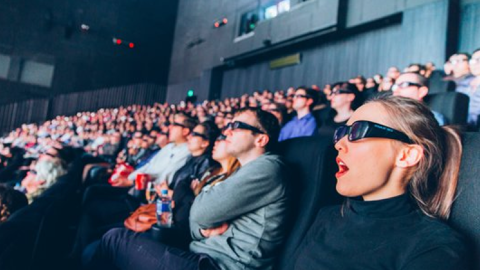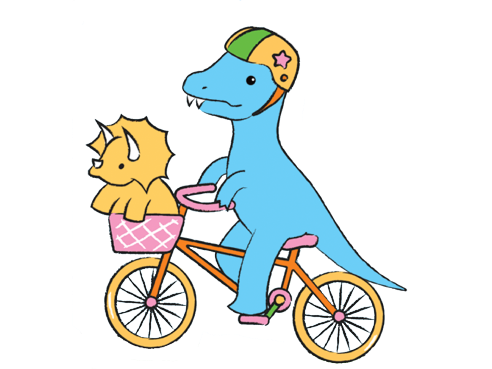Yaraan Couzens Bundle
Yaraan Couzens Bundle is the voice of Tyama: A deeper sense of knowing.
More than this, she is the keeper of the Couzens’ family clan story— generously shared, for the first time, with the wider world in the Whale Dreaming section of the exhibition.
‘Being a Whale Dreamer is one of the biggest honours and privileges of my life,’ says Yaraan.
‘It means so much to me on so many levels, being able to share part of the cultural creation story with everyone is a dream come true.
‘It’s that modern connection—bringing the ancient to today.
‘That story is allowed to come to the surface for everyone now, whereas before it was sleeping and sitting within that Tyama—within that living knowledge inside of us whale dreamers.
‘It’s so important for our future generations and for our Country.’
Country and Connection
Yaraan and her family are Keerray Woorroong and Gunditjmara citizens of unceded sovereign Country, in what is also now known as western Victoria.
Gunditjmara Country is perhaps best known as home to one of the world’s oldest aquaculture systems—the eel traps at Budj Bim, that date back more than 6,000 years.
But the stories that Yaraan holds, and has shared, come from the coast.
Keerray Woorroong people have long had a connection to Koontapool, the Southern Right Whale.
These gentle giants travel vast distances across the oceans—from Antarctica, where they feed, to their breeding grounds near the Victorian coast.
But this migration, and the continuation of the ancient story, is under threat because the whales are endangered.
‘That’s why we’re sharing this story now, because of its significance in this time to the world and the message that it has…come and care for Country, stop taking from it, stop damaging her, come and share that connection,’ says Yaraan.
‘There’s a huge risk to Sea Country with not only climate change but also man-made destruction and the industrialisation through mining.
‘It’s in the direct pathway of the critically endangered Southern Right Whale and their birthing and calving grounds.’
Yaraan and her community hold yearly ceremonies, dancing and singing up Gunditjmara Country to strengthen the songlines that the whales follow.
‘There was a big ceremony done this year and now there are half a dozen or more mothers and babies in Gunditj Sea Country right now,’ she says.
‘We have to honour that continuation by respecting the ancient past, honouring the present and protecting the future.’
‘That’s the direct future of the connection to the next generation of Gunditjmara children being born, so it’s very important that that message and that story get out there.
‘They must be protected.’
Our shared responsibility
Whales are a vital part of the health of ocean life and, in turn, life on land.
‘They can help save humanity from the environmental mistakes, or what a lot of First Nations people call environmental genocide,’ says Yaraan.
‘We’re in the time of mass extinction so we really have to honour these ancient kin.
‘When we look after part of that link in the cycle, then the rest of the links become stronger, and it becomes easier to find more solutions to care for Country—honouring those natural cycles and totems that have been there for millions of years.
‘It would be so good if people could link to those old kinship systems again.
‘It’s very important that people understand that they have a place of belonging to care for each other and their connection to where they live.
‘That is a huge way to pay respects to First Nations, by watching and listening and learning and connecting.’
Something Yaraan hopes many people will find in Tyama: A deeper sense of knowing.
